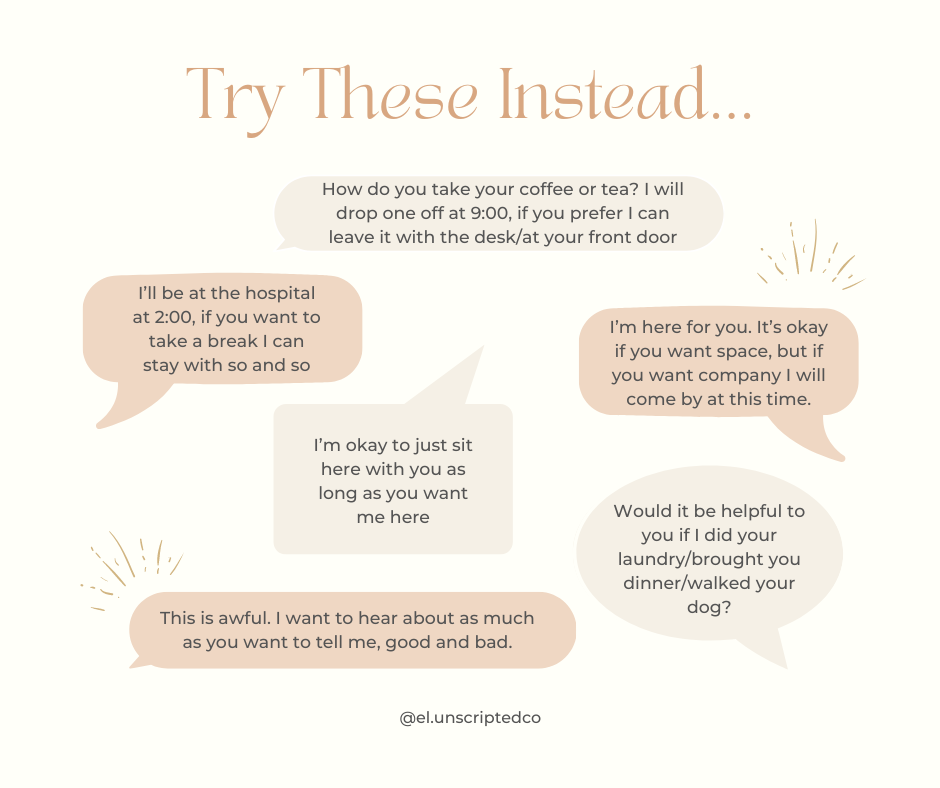Pouring From an Empty Cup
There is this thing that happens when the worst imaginable circumstances hit.
You have to deal with it. There is no choice.
We all manage differently. When my brother was in a horrible car accident, the rest of our family all had our own ways of processing. Sister 1 was physically sick and nauseous. Sister 2 cried rivers of tears. I was a director and caller. My parents both rushed to be at my brother’s side but while my Dad focused on the doable things like taking care of insurance and legal stuff, my Mom needed to be there and stay there.
There’s a level of strength you don’t know you have until you have to. Honestly, there are a lot of us out there who wish we didn’t have to know that kind of strength. Nobody wants to have to be that resilient.
When we know someone who has been through or is going through something, it is normal to want to try to make them feel better or to make ourselves feel better. These attempts are usually well intentioned and kind hearted. The uncomfortable truth is that sometimes these comments can come across as insincere, and enhance feelings of isolation.
Isolation can happen when we find ourselves caring and supporting for someone who has gone through or is experiencing trauma, adversity, illness, diagnosis, or crisis. It might be a parent supporting a child, spouse supporting their partner, children supporting parents, friends supporting friends, and so on. In any case, being the support person can mean we are using all of our energy and efforts just to help our loved ones get through the day. We might be the one getting yelled at for a leaky IV or pushed away for trying to help our loved one eat. We accept and even appreciate being the one who takes on these moments because of deep love and commitment that goes beyond the good and kinda bad times. These are the depths of the depths where we never expected to be.
And it is so lonely there.
When we are in the position of providing the kind of support that is all consuming and scary, we can sometimes feel a little more prickly than usual. So even the very best intentioned comments can get under our skin and have us thinking - actually I am not strong. I don’t want this. I don’t deserve this. This could happen to you too. This could happen to anyone. Yes, I actually can pour from an empty cup. I am empty and I am still here. And please stop asking me what you can do - because all I want is for this to not be happening. Nothing else matters.
So, what CAN we do?
If you want to support a supporter, start by listening. And then, think about what you might be able to offer that will help. When someone has been put in the position of having to make medical, legal, parenting, housing, decisions, sometimes making one more decision is just too many. Offer to help and limit the options to what you are willing and able to provide.
If you are the supporter - accept some help. Let people show up for you - this doesn’t always mean physically. Let people drop off food or walk the dog. Be honest about what you want and what you don’t want. If it is not helpful to have visitors, try saying please avoid visiting for now, we’ll let you know if and when we are ready. If you do want visitors, let people know. Try to eat. Try to sleep. Do your best to take breaks if you can to shower, or rest. Write. Keep notes about your experience - as much as it feels like every day will be burned in your mind forever, it helps to process by writing and maybe one day you or a loved one will want to look back. Keep it simple, but also take care of yourself just a tiny bit every day. It will help you keep pouring your love into your person if you pour a little into yourself too.
Contributed by Ellery, BSW Practicum Student.



